Please support Game Informer. Print magazine subscriptions are less than $2 per issue
The Best RPG Writing
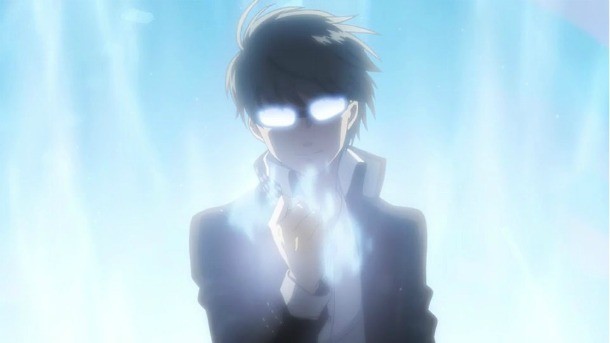
Writing a narrative for a lengthy RPG is tricky. Not only do writers have to consider character development, realistic dialogue, and story progression, but they also have to make sure it complements the long-form gameplay. Storytelling has always been hit or miss for the role-playing genre, but writers have crafted some standout stories that survive the test of time. The following games were avant-garde and pushed writing toward innovation.
Note: Choices are in no set order
Xenogears
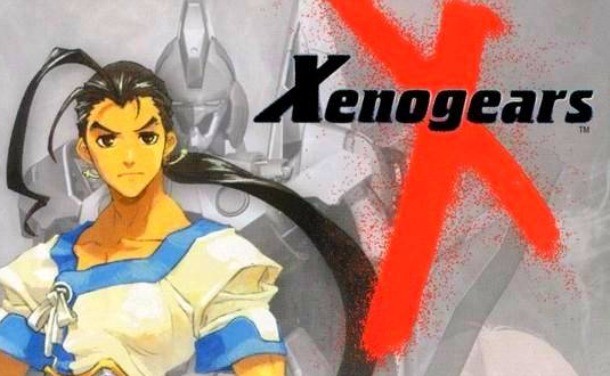
Some games cause you to ponder, but Xenogears challenges you to analyze every piece of the plot. Philosophically stimulating, Xenogears takes a sci-fi narrative and makes its themes relatable to everyday life. It asks questions about memories, reality, and power, and that's just scratching the surface. That's part of the lure; Xenogears wants us to constantly question what is going on around us. Tackling complex themes concerning metaphysics, religion, and science is gutsy, especially for a '98 release. Fei Fong Wong's struggle for consciousness is one of the plot's biggest assets. What is reality? Why can't he remember his past? The localization may not have been perfect, but Xenogears' messages, questions, and overall impact thankfully remained intact.
Final Fantasy VI
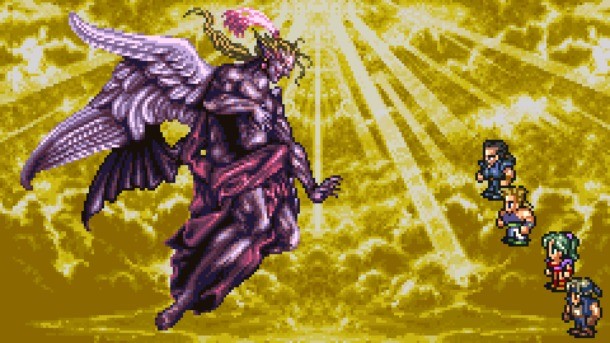
Final Fantasy VI was ahead of its time. Back in '94, it broke the mold with 14 playable characters and mature themes, so much so that it set a new standard for RPG writing. The small character moments make the journey what it is: A suicide attempt, an unexpected death, a brother's sacrifice, and a chilling opera performance showcase how emotionally captivating an experience can be when great writing, powerful music, and memorable set pieces build off one another. The plot has plenty of twists and featured one of the best villains to date, the cunning Kefka, a psychotic, magically enhanced being. Final Fantasy VI succeeds for bringing out empathy and showing the power of character development, often making it considered the best Final Fantasy.
Dragon Age: Origins
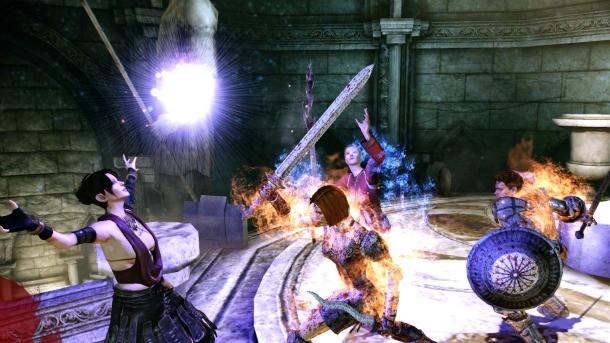
Dragon Age: Origins has a multitude of detail and flavor in every conversation. The branching dialogue options give the journey personality and every location in Ferelden tells its own story. Origins' greatest feat, though, is making character interactions matter more than the average RPG. Whether it's Alistair and Morrigan's banter or Wynne lecturing you like a mother, a highlight was never knowing what characters would say next. BioWare also provides characters with unique back stories, making them feel real, rather than merely pawns in a world-saving crusade. Dragon Age doesn't shy away from making statements on life and the human condition; the best writing comes when characters acknowledge their morality in the face of the Blight. Characters often make profound statements with raw honesty, such as this one by Wynne, "But why should you fear death if you are happy with the life you have led, if you can look back on everything and say, 'Yes, I am content. It is enough.'"
Suikoden II
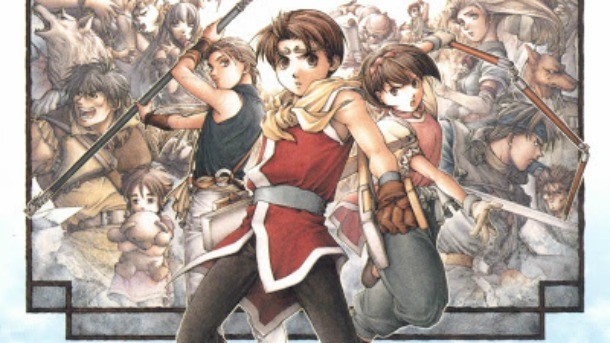
Blindsiding betrayal is the series' forte, but Suikoden II helped cement that reputation. Your superiors betray you, causing a near-death experience. Then the narrative puts you at odds with your childhood friend, with things only intensifying with unexpected deaths and the vile antagonist Luca Blight. Suikoden II emotionally tugs at you while tensions rise between Highland Kingdom and the Jowston Army. Its most impressive feat is making you feel sympathy for characters who engage in vicious actions in the name of war. Take Blight for instance: He witnessed something so cruel as a child that his disdain for the Jowston Alliance makes sense. Suikoden II puts you on an emotional rollercoaster - with highs and lows - and it's those unexpected drops that hit the hardest.
Persona 4
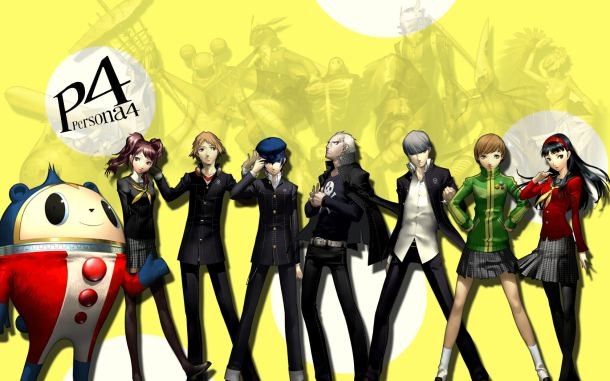
Both Persona 3 and 4 have some of the best writing in RPGs to date. But Persona 4 takes it a step further with complex struggles, forcing characters to confront their flaws and letting them learn to accept the uglier parts of themselves. So often in life we look at our imperfections as something to keep hidden, and we are weaker for it. Persona 4's writing is different because it sends the message to embrace these flaws before they overcome you. The tough subjects continue with a character questioning his sexuality and another struggling with gender identity. Adolescence is a scary and confusing time, and the writing remains realistic, staying true to these dilemmas. Don't forget the cast, which has a deepening bond with genuine interactions that facilitate the friendships' growth. And who could forget Nanako? Child characters are tough to make resonate in games, but her dialogue lights up the dark journey.
The Witcher 2: Assassins of Kings
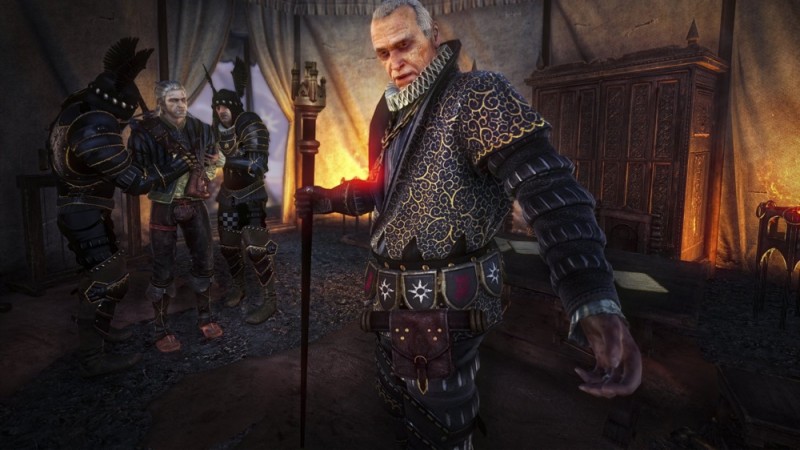
CD Projekt RED's writers excel at creating scenarios with plenty of shades of gray. Nothing is cut-and-dried, and consequences and rewards are unpredictable. The gray even comes through in its antihero, Geralt, a man merely adjusting to the circumstances around him. So often things are boiled down to good and evil, but Assassins of Kings challenges you with no right or wrong answers to its political warfare. Unattractive choices smother you, forcing you to stop and think what you can or cannot live with having Geralt do. It also puts the power in your hands to decide what really matters and what the journey is truly about. Maybe you're focused on regaining Geralt's memories, or instead care about being a Good Samaritan and liberating the oppressed. The writers put powerful choices in players' hands, and yet still created such emotional and cerebral undertakings in its intertwining paths.
Up next: Time travel, being the Grim Reaper, and powerful dreams...
Chrono Trigger
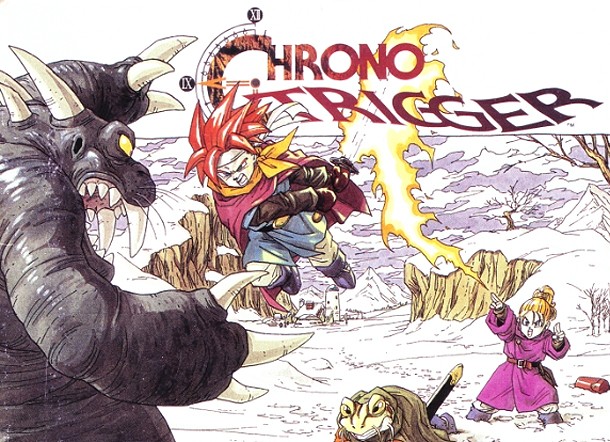
Time travel is hard to do well, but Chrono Trigger nailed it. The story remains cohesive and understandable despite the time shifts. The writing stands out for character development in its side quests and for its atypical cast of characters. How many times do you see a frog, robot, or girl genius as party members? It also takes risks by adding unexpected twists such as former foes entering your party. The characters have depth, like Frog, who watched his friend die and is haunted by the regret of not being able to change the outcome. There are few games you point to and say they changed the genre, but Chrono Trigger is one where the innovation was oozing, leaking straight into the writing.
Planescape Torment
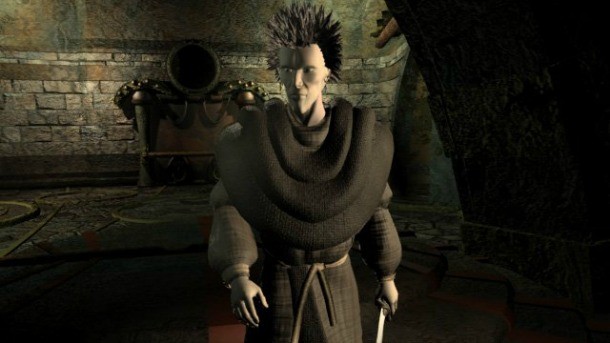
The quest of "The Nameless One" could have been another throwaway amnesiac plot, but the revelations over time about the character's identity are a thrilling discovery. Planescape Torment puts story front and center, almost to the point where gameplay was negligible. The writers' imaginations lit fire with the scope of the universe, complete with its own language and various planes of existence featuring different magical properties and enemies. The different personalities of party members you can recruit keep things interesting, like the pyromaniac mage Ignus and his intriguing connection to the The Nameless One. And who could forget Fall-From-Grace? She was a walking contradiction, as a cleric who worships no higher being...and runs a brothel! With these intriguing characters alongside thought-provoking dialogue, many found themselves taking advantage of the ability to skip combat by talking or sneaking their way out just to experience more of the story. Poignant and philosophically stimulating, Planescape Torment has as much depth to its world as it does to its characters and narrative, and it thrived because of it.
Valkyrie Profile
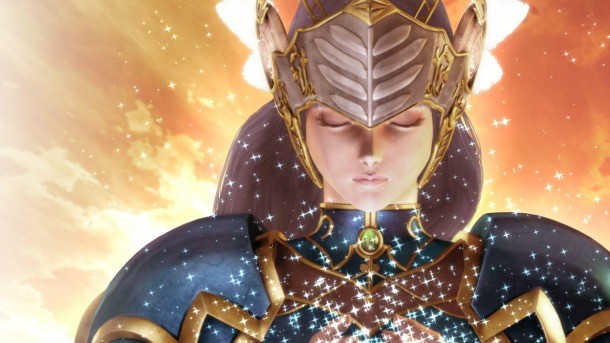
Valkyrie Profile captures the essence of tragedy wonderfully. Based on Norse mythology, you play as Valkyrie Lenneth, who is getting the souls of warriors ready for a final apocalyptic fight. While you fight alongside warriors who are dead, the narrative captivates by showing the final moments of each of these allies' lives and letting the characters offer their own insight and feelings about their lives to Lenneth. Learning why characters chose the path they did is often startling, and the writing is extremely moving. Gripping and somber, seeing these moments are akin to looking death repeatedly in the face. At times, you almost feel like the Grim Reaper taking these souls, and the intrigue doesn't stop there. You're also discovering Lenneth's own life was full of its own share of tragedy as you restore her stolen memories. Throw in a touching love story between Lenneth and Lucian, and this game pulls at the heart strings in more ways than one.
The Mass Effect Trilogy
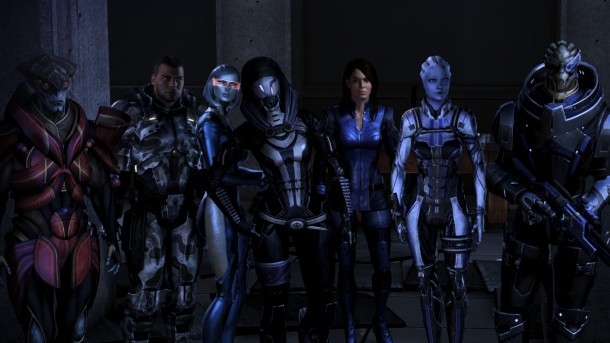
Mass Effect put the universe in our hands and let us craft a Shepard that felt like our own. The fond memories are hard to top, but Mass Effect's greatest asset is how it makes us actually feel the plight of the world - something few games achieve - by giving us some say in how we got there in the end. Letting us rally with our team and visit them between missions adds a sense of realism, and many conversations feel authentic, exploring the doubts and trials of entering high-stakes missions. Choosing to be paragon or renegade and seeing Shepard's personality change shows the writers' ability to adapt. And let's not forget some of the well-written characters, like Mordin, Thane, and Garrus. No matter what you chose or who your Shepard became, it's impossible not to feel attached to that universe and characters - a testament to the writing.
Lost Odyssey

Seeing a game make writing its backbone is refreshing, and that's where Mistwalker's Lost Odyssey makes its strongest impression. The Thousand Year dream sequences features some of the strongest writing around. The sequences are lengthy, but they're also so compelling that many people didn't mind and looked forward to them. These dreams have you piecing together main character Kaim's memories, but take on a life of their own by centering on different themes like morality and humanity. Having the amnesiac trope turn into something fascinating isn't an easy feat in RPGs, but Lost Odyssey shows how finding a different way to develop characters works. Most impressively, the developers achieved dream sequences with primarily text - visuals are limited - and the emotion still comes across beautifully in a digital format.
What RPGs do you feel feature the best writing? Let us know in the comments below.










